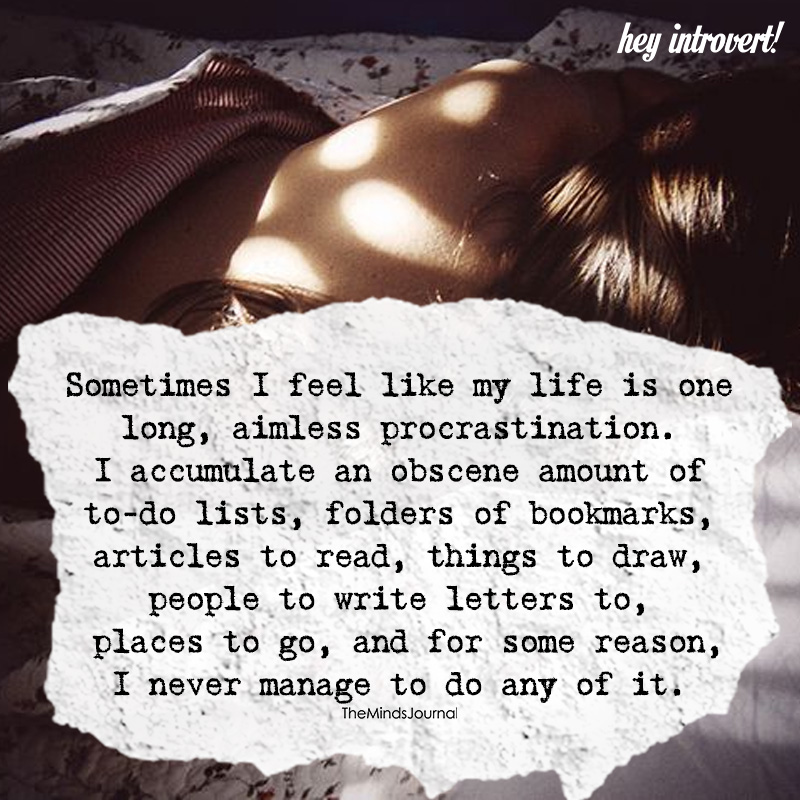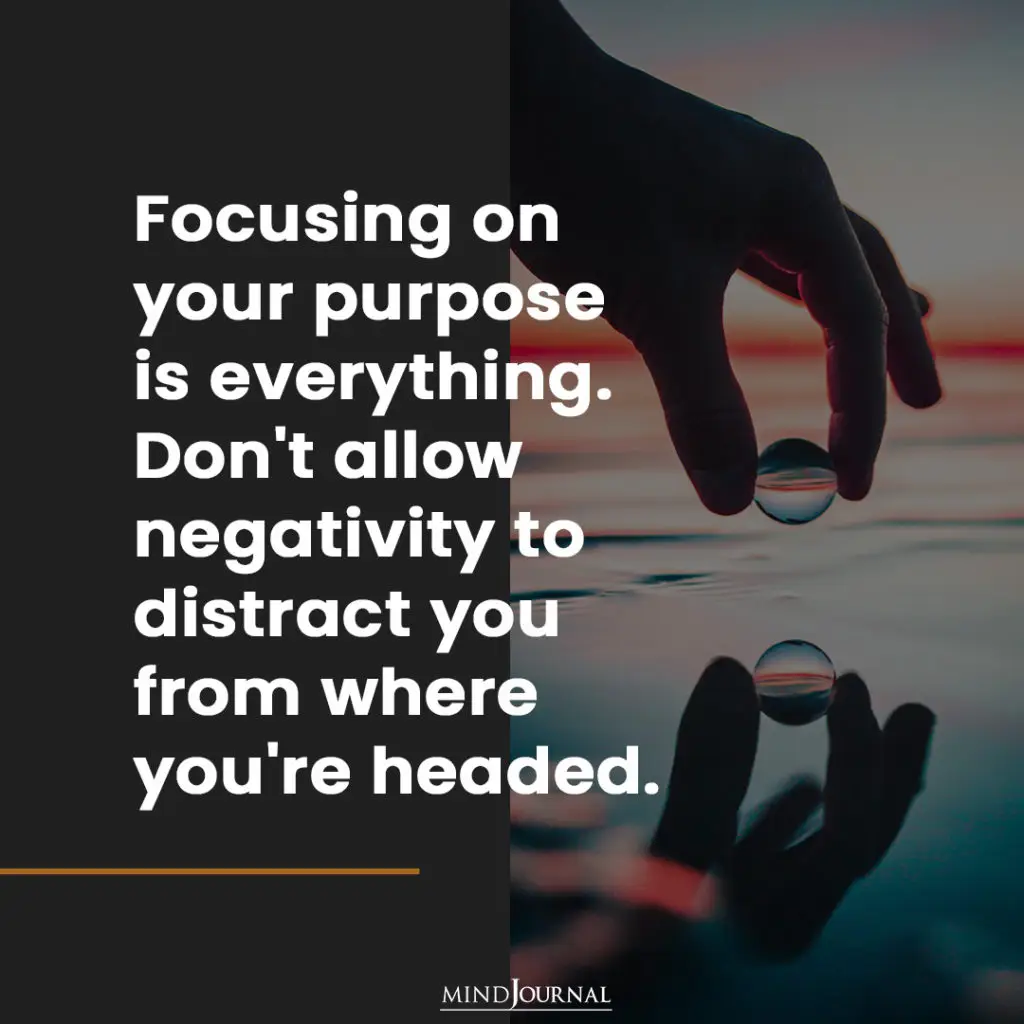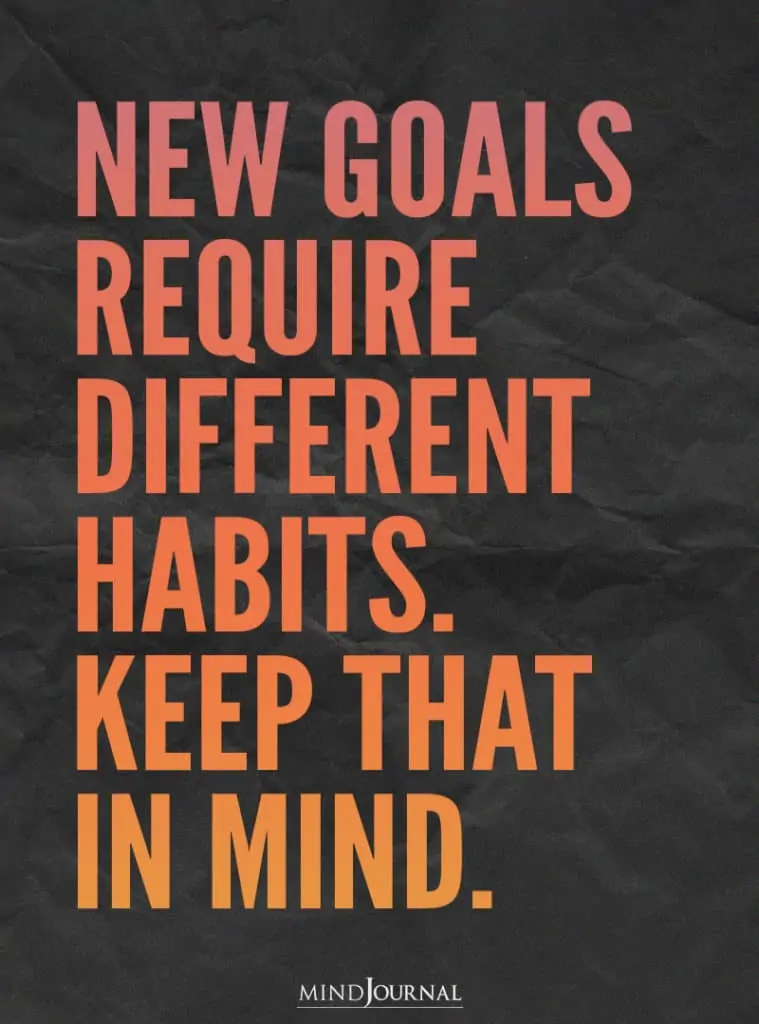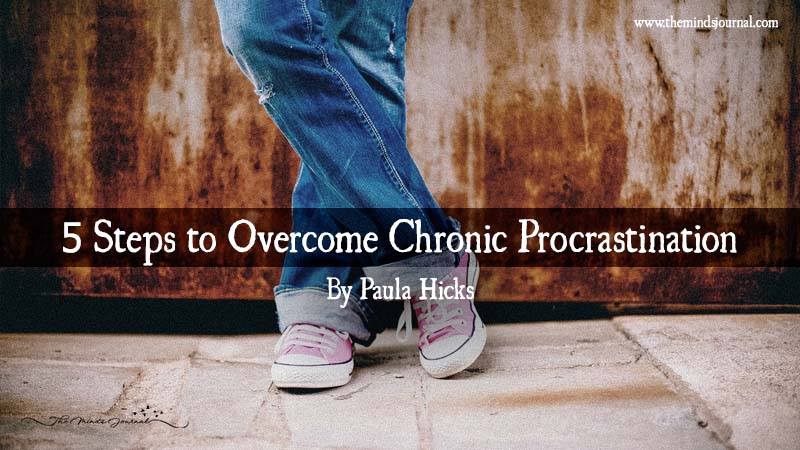Do you procrastinate once in a while or almost all the time? You see, chronic procrastinators aren’t procrastinating just one or two types of activities. They tend to avoid doing stuff in almost every part of their lives. Their work, relationships, health, and way more aspects tend to be affected.
It’s important to note that there are two types of procrastinators: the normal ones, and the chronic ones. The “normal” ones tend to avoid only a few things in life. For example, school assignments or other “painful” activities are procrastinated by most of the students. The chronic types of procrastinators are basically procrastinating on everything they can. If you’re a chronic procrastinator, or you believe yourself to be, your life is probably a mess right now.

Well, you may be wondering…how could this happen? Why me? There are more explanations that could lead to this answer.
3 reasons you procrastinate almost everything in your life:
1. Family Environment
Your mother or father might be great procrastinators. If you learn from their disempowering habits, you’ll most likely imitate their behavior and make your life harder each day. The worst part is that the mindset that you create while you’re still young and innocent is going to affect you big time in the long term.
Also read Dysfunctional Family: Recovering (As An Adult) From A Dysfunctional Upbringing
2. Fear Of Failure
People are so afraid to fail. They would rather not do anything instead of facing the consequences of their failure. They might also be influenced by the external factors, such as other people’s remarks.

Also read 7 Negative Mindsets That Undercut Your Mental Strength and Resilience
3. You Don’t Enjoy What You’re Doing
When people hate the activities that they perform, they’re more likely to avoid doing them for good. Our brain works like this: it spots whether an activity means pleasure or pain. If the pain is greater than the pleasure, you will procrastinate and perform poorly.
During today’s article, we’ll talk about few useful strategies that’ll help you remove procrastination from your life. Yes, you can actually cure your chronic procrastination habits and become a better person. That, of course, only if you desire to change!

5 strategies to tackle chronic procrastination
1. Become Aware, Accept, And Control Your Condition
The first step of your recovery process is to become aware of your chronic condition. That means that you should firstly decide whether you’re just a normal procrastinator who doesn’t enjoy doing some activities or whether you’re a chronic procrastinator. After you find the answer, start accepting your problem.
Most people don’t even notice the fact that their behavior is problematic. That’s a huge problem because they won’t be able to look for change. Change is good, and it allows better things to show up in our lives.
2. Analyze Your Procrastination Triggers
Most of the procrastination tendencies are happening as an effect of a trigger. Every time you find yourself procrastinating, note down what you were thinking and feeling at that exact moment. Ask yourself questions such as: “What was the state in which I was in when the procrastination happened?” or “What exactly made me procrastinate on that simple task?”
Find the aspects that are triggering your procrastination tendencies. After you have some ideas of what they might be, it’s going to be way easier to detect and stop the next procrastination. For example, writers always procrastinate when they have to edit their work.
3. Find the Purpose For What You’re Doing
Each and every one of us should focus on finding our lives purposes. To be honest, most people will ignore this thought and continue their lives. After they’ve made a career and a family, only then they’ll realize that that wasn’t their purpose.
Our brains are extraordinary, and we also have a spiritual side inside. If you haven’t yet decided your purpose, my best advice is to never stop looking!
4. Create Specific Goals
Human beings need to know what they’re aiming for in order for their progress to thrive. The majority of our society isn’t focusing on goals, and that’s a huge mistake. We need to be aware of our current situation and plan for a different future. A goal-setting process can definitely change the way you perceive things.
When you know and understand what you have to do, it’ll be way easier to start working and gaining momentum.

Also read The Hidden Secret To Achieving Your Goals
5. Take Consistent Action
Proper action is what makes things happen. When you are procrastinating, you basically avoid taking action. An idea or plan without consistent action towards the accomplishment of it will never work.
If you’re a chronic procrastinator, you must clearly understand that the most important part of your “recovery” is action. You must force yourself to start. It’s up to you whether you want to progress or not. If you want to stay mediocre, just avoid thinking about what you’ve just read and move on with your life. If you truly desire change, start taking action!
Read What 12 Step Programs Can Teach You About Dealing with Chaos
Conclusion
When we talk about curing chronic procrastination, we’re basically talking about a healing process. After you accept the fact that something’s wrong, find the specifics of your problems, and commit to taking consistent action, you will definitely notice improvements. You’ll be able to do more things, without having to deal with so much hustle and pain when starting.








Leave a Reply
You must be logged in to post a comment.